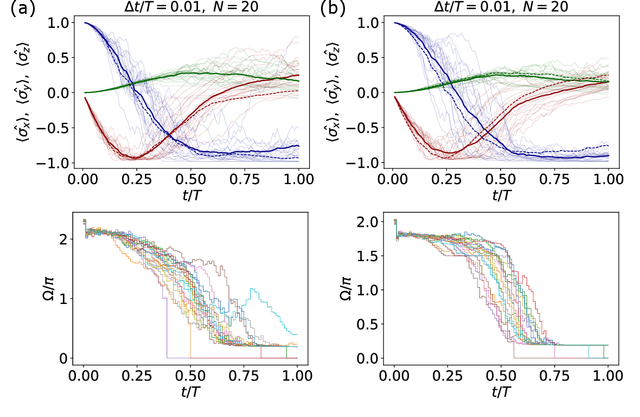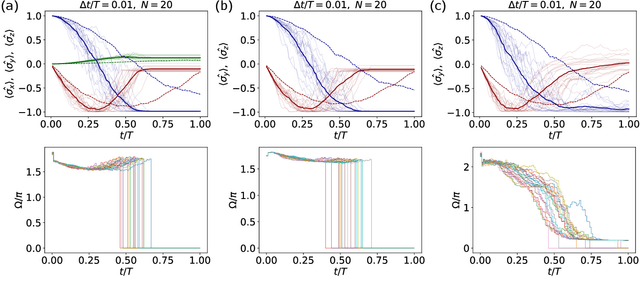Rafael Magdalena-Benedicto
Multimodal video analysis for crowd anomaly detection using open access tourism cameras
May 21, 2024



Abstract:In this article, we propose the detection of crowd anomalies through the extraction of information in the form of time series from video format using a multimodal approach. Through pattern recognition algorithms and segmentation, informative measures of the number of people and image occupancy are extracted at regular intervals, which are then analyzed to obtain trends and anomalous behaviors. Specifically, through temporal decomposition and residual analysis, intervals or specific situations of unusual behaviors are identified, which can be used in decision-making and improvement of actions in sectors related to human movement such as tourism or security. The application of this methodology on the webcam of Turisme Comunitat Valenciana in the town of Morella (Comunitat Valenciana, Spain) has provided excellent results. It is shown to correctly detect specific anomalous situations and unusual overall increases during the previous weekend and during the festivities in October 2023. These results have been obtained while preserving the confidentiality of individuals at all times by using measures that maximize anonymity, without trajectory recording or person recognition.
Quantum Stream Learning
Dec 13, 2021


Abstract:The exotic nature of quantum mechanics makes machine learning (ML) be different in the quantum realm compared to classical applications. ML can be used for knowledge discovery using information continuously extracted from a quantum system in a broad range of tasks. The model receives streaming quantum information for learning and decision-making, resulting in instant feedback on the quantum system. As a stream learning approach, we present a deep reinforcement learning on streaming data from a continuously measured qubit at the presence of detuning, dephasing, and relaxation. We also investigate how the agent adapts to another quantum noise pattern by transfer learning. Stream learning provides a better understanding of closed-loop quantum control, which may pave the way for advanced quantum technologies.
 Add to Chrome
Add to Chrome Add to Firefox
Add to Firefox Add to Edge
Add to Edge